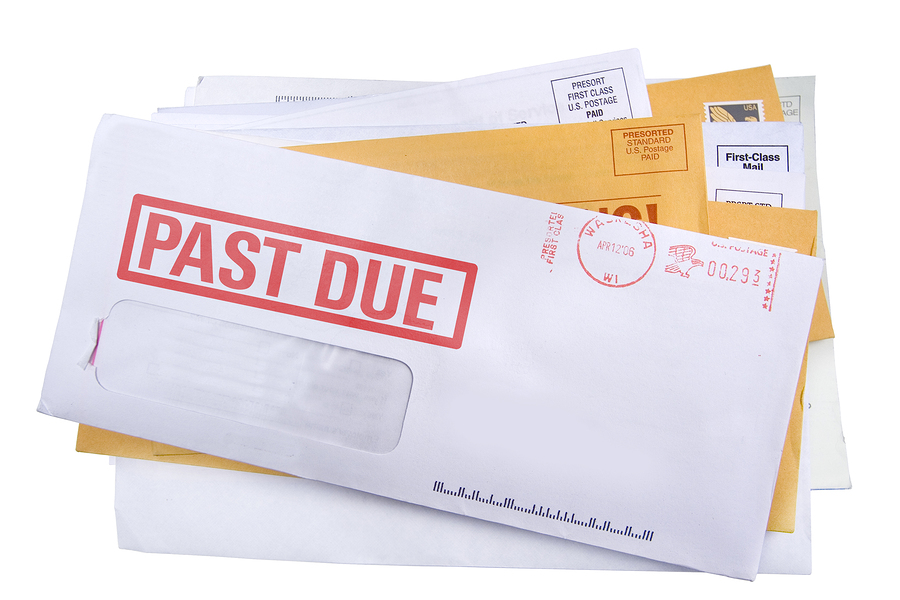by Theresa Bradley-Banta
Tenants will rarely adore you—even when you’re the best, most responsive and communicative landlord on planet earth. Don’t take this personally.
Keep doing what you’re doing—be responsive to requests and communicate well.
Start With an Understanding of Human Behavior
People often behave funny when they are:
- Embarrassed
- Fearful
- Uncertain
These emotions on the part of your tenant can put a target on your back—even though you are not the cause of the problem.
Your tenants might experience unexpected hardships for a number of reasons:
- Change in financial situation
- Divorce
- Job relocation
When people are afraid or embarrassed they don’t always take a good look in the mirror. It’s easier—and sometimes a relief—to identify someone else, or an external factor, as the source of their problem.
Don’t Take It Personally
When you stop and think about it, you’ll realize a problem tenant is not really mad at you. They’re mad at their circumstances.
You’re simply asking them to do what they agreed to do—pay rent, pay it on time and treat your property with respect.
Your job is to enforce your agreements and to ask non-complying residents to move on.
What Do You Do?
Start with an enforceable Residential Lease Agreement. Make sure all of your tenants have signed a lease that complies with local and state landlord-tenant laws.
Be sure to review the lease with your tenant at the time of signing. Most tenants seem to be in a hurry to sign their lease—without review. Don’t let your tenant rush through the lease signing process. Sit down with your prospective tenant and go through the lease agreement line by line.
At a later date you’ll always be able to say, “Of course, you remember we went over this when you signed the lease.” Problem tenants love to say, “Well I didn’t know that. You never told me the rules.”
Let’s just nip that in the bud.
Problem Tenants? Serve a Notice to Quit
So, here we are. Your tenant has stopped paying rent. Or they’ve just given you 30 days notice and told you to, “Keep the security deposit for the last month’s rental payment.”
Now what?
The minute your tenant breaks any agreement in your lease, it’s your job to take action. Don’t assume anything. Don’t make up stories about what you think is going on. Get on the phone and contact your resident to find out what’s happening.
Let them do the talking. Chances are pretty good they already know they’re breaking the ‘rules.’ Why rub their nose in it? Remain calm, professional and courteous at all times.
The only question you should ask is, “How and when are you going to get this straightened out?”
If you know your tenant well, and you believe their promise to remedy the situation, put their promise and your agreement to it in writing.
If not, it’s time to post a Notice to Quit (a.k.a. Demand for Compliance or Right to Possession Notice). You might be surprised at how quickly a resident complies with the lease agreement when faced with a notice to comply or move.
After serving proper notice in accordance with your local legal requirements you’re in a position to initiate legal proceedings. In Colorado the tenant has 3 days to get in compliance after receiving a Notice to Quit—you don’t get bogged down in a lengthy disagreement.
Get Everything In Writing
Don’t make verbal agreements, period. They are quick and easy but as they say on TV, “They won’t hold up in court.” This applies to your:
- Tenant application
- Lease agreement
- Lease addendum(s) such as pet agreements and crime free agreements
- Property walk-through checklist
- Reference checks
- Employment and income verification
- Credit and criminal reports
And all tenant contacts such as complaints about:
- Noise and loud parties or arguments
- Unsightly trash
- Poor property upkeep
- Unlawful drug use
For every contact keep a written record. I always communicate with problem tenants via e-mail so I have written record of all correspondence and ‘conversations.’
If a dispute should end up in court you may need additional information about your tenant—especially if you’re awarded damages and you want to collect. Where does your tenant work? Where do they bank? Who are their relatives and friends? This information is almost impossible to track down after your tenant has moved.
How do you serve legal documents on a tenant if you don’t know how to find them?
What Would a Fair Judge Say to This?
Some state landlord-tenant laws are more pro-tenant than others.
You’ve heard the saying What Would Jesus Do? Try changing the question to “What would a fair judge say?”
It’s a good way to think.
Can you imagine standing in front of a judge and saying, “Well this tenant was always a problem. They had so many maintenance requests. And yeah, they always paid their rent but I had to ask them for it every month!”
It won’t fly.
Your personal irritations and frustrations won’t sway a judge in small claims court. Good documentation, a solid lease agreement and facts on your side will.
Related Articles:
Seven Excellent Tenant Screening Questions
How to Attract and Keep Happy Residents
***
Latest posts by Theresa Bradley-Banta (see all)
- Multifamily Common Areas Maintenance & Management Tips - March 31, 2020
- 8 Tenant Gift Ideas That Will Boost Your Bottom Line - November 11, 2019
- Need a Package Delivery System at Your Multifamily Rental Property? - October 28, 2019



